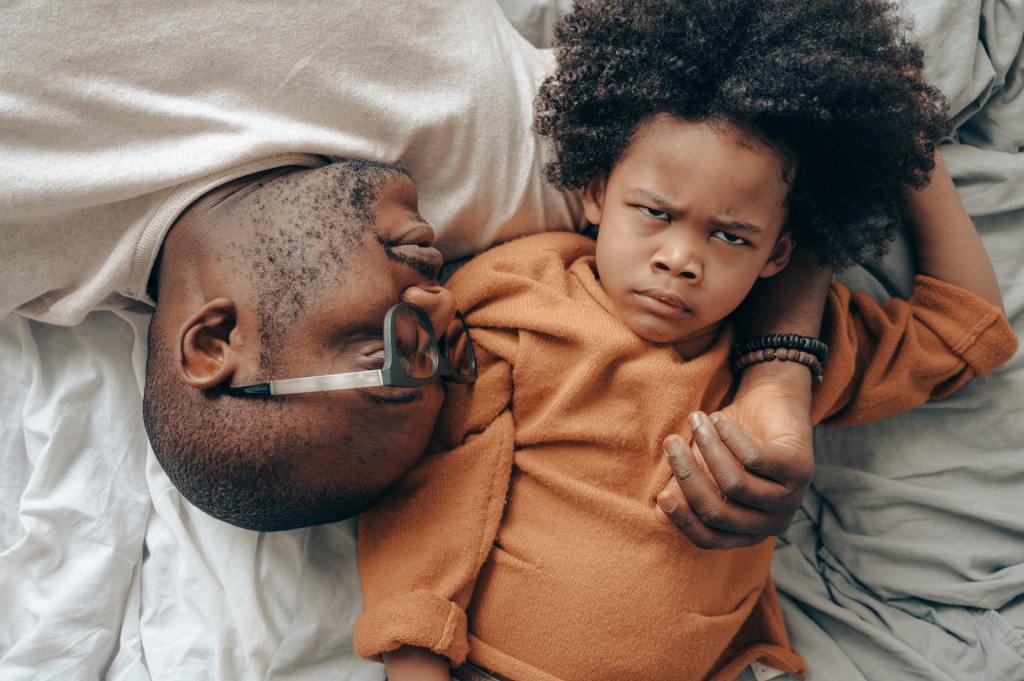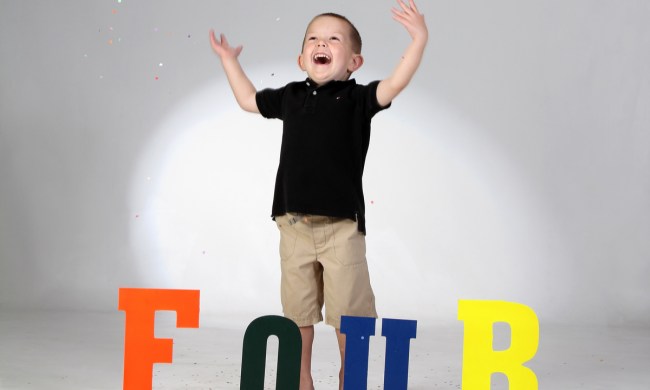Tantrums in toddlers are an accepted and expected part of their development. Usually, by the time your child is four, tantrums have subsided. By that age, toddlers have developed the vocabulary to express their feelings so the frustration that leads to tantrums doesn’t happen. This doesn’t mean that kids over the age of four never have tantrums though.
When older children have tantrums it can be offputting or even disturbing to their parents and other adults. Tantruming older children can be seen as spoiled or high-maintenance or people may assume these children have developmental problems. Parents are often at a loss as to how to deal with tantrums in older children and become frustrated themselves.
If your older child is prone to tantrums, here are a few tips that can help de-escalate or even prevent them.

Why do older kids have tantrums?
Older children can have tantrums for a number of reasons, not all of which are related to developmental delays or sensory problems. In older kids, tantrums are generally emotionally based whereas tantrums in toddlers and preschoolers are related to power and asserting independence.
A toddler or preschooler who does not want to wear a certain pair of shoes will tantrum because he isn’t able to express his frustration and opinions in any other way. A grade-schooler who is tantruming is more likely experiencing strong emotions that he is not yet biologically or psychologically able to process.
Older kids tantrum because they are overwhelmed. They are experiencing big feelings and have no other outlet for them but to have a meltdown. Tantrums in older children are developmentally appropriate to an extent. However, if your child becomes violent or aggressive or damages property during a tantrum, you should consult your health care provider for suggestions.
Of course, there is also the possibility that your older child is tantruming as a result of prior conditioning. If she tantrums to get a toy when you go shopping and you give in and buy her the toy, you are reinforcing that tantrums work to get her way and she will continue to tantrum to get a new toy whenever you go shopping.
How to calm an older kid’s tantrum
There are several techniques for calming an older child’s tantrum but according to Bob Cunningham, EdM, the most important is to not have a tantrum yourself. He advises to resist the urge to give in. Keeping your cool in the face of such an explosion may be hard, but if you lose it, not only will the situation escalate, but it could ultimately damage your child’s trust in you as their caretaker and safe person.
Aside from maintaining your Zen, here are a few other tips for calming or even preventing an older child’s tantrum and many are the same or similar to those you used when they were toddlers so they will be familiar.
Be clear and consistent about expectations
It’s important for all kids, not just toddlers, to know what comes when during their day. If you need to leave for soccer practice at 4:30, tell them in advance that you need to leave at 4:30. If homework needs to be completed before dinner, let them know. Springing plans unexpectedly on children when they’re doing something else can be frustrating and lead to strong emotional reactions, especially when they’re doing something they enjoy. By letting them know that at a certain time it’s time to put down the game controller and prepare to leave, you can head off an angry reaction and spare everyone a big tantrum.

Meet their basic needs
We all know what it feels like to be hangry — when you’re so hungry that your mood sours and you become grumpy — and as adults, we know that eating will improve our mood. Kids, on the other hand, may not make the connection between hunger and anger, so it’s up to their parents to make sure those needs are met before the tide turns. Being hungry, thirsty, or too hot or cold can all impact an older child’s ability to process emotions, so making sure they’re comfortable and that their basic needs are met will go a long way toward staving off any impending tantrums.
Note their triggers
Many times, tantrums in older children follow patterns — certain things always seem to set them off. Take note of what those triggers are and try to prepare your child or even prevent the trigger from occurring. If your child loses it in the supermarket ice cream aisle because she wants popsicles, skip the ice cream aisle or leave the child at home with an adult caretaker. By taking note of kids’ triggers and taking action to prevent them, you can save both your children and yourself from a potential tantrum.
Encourage them to use their words
When your child is in the throes of a tantrum, many times he isn’t even sure why or what’s happening. Asking him to use a few simple words to explain what he’s feeling can be helpful. Using simple yes or no questions like, “Are you sad?” “Are you angry?” can help kids parse their emotions and will give you a path to follow in asking further questions and defusing the situation.
Give them an outlet
When your child is in the middle of a meltdown, having a conversation may seem like an impossible dream. She may be capable of other forms of communication though. Offering her drawing supplies can help her calm down. Ask her to draw a picture of how she’s feeling. Many times, children will pour all their anger and frustration into the picture, stemming the flood of emotions that are causing the tantrum.
If you are experiencing tantrums in your older child, you are not alone. There are many reasons your older child may be tantruming, and hope is in sight!



